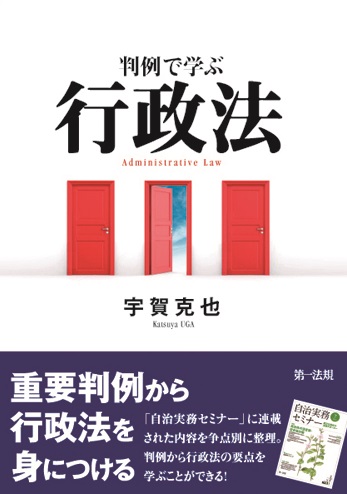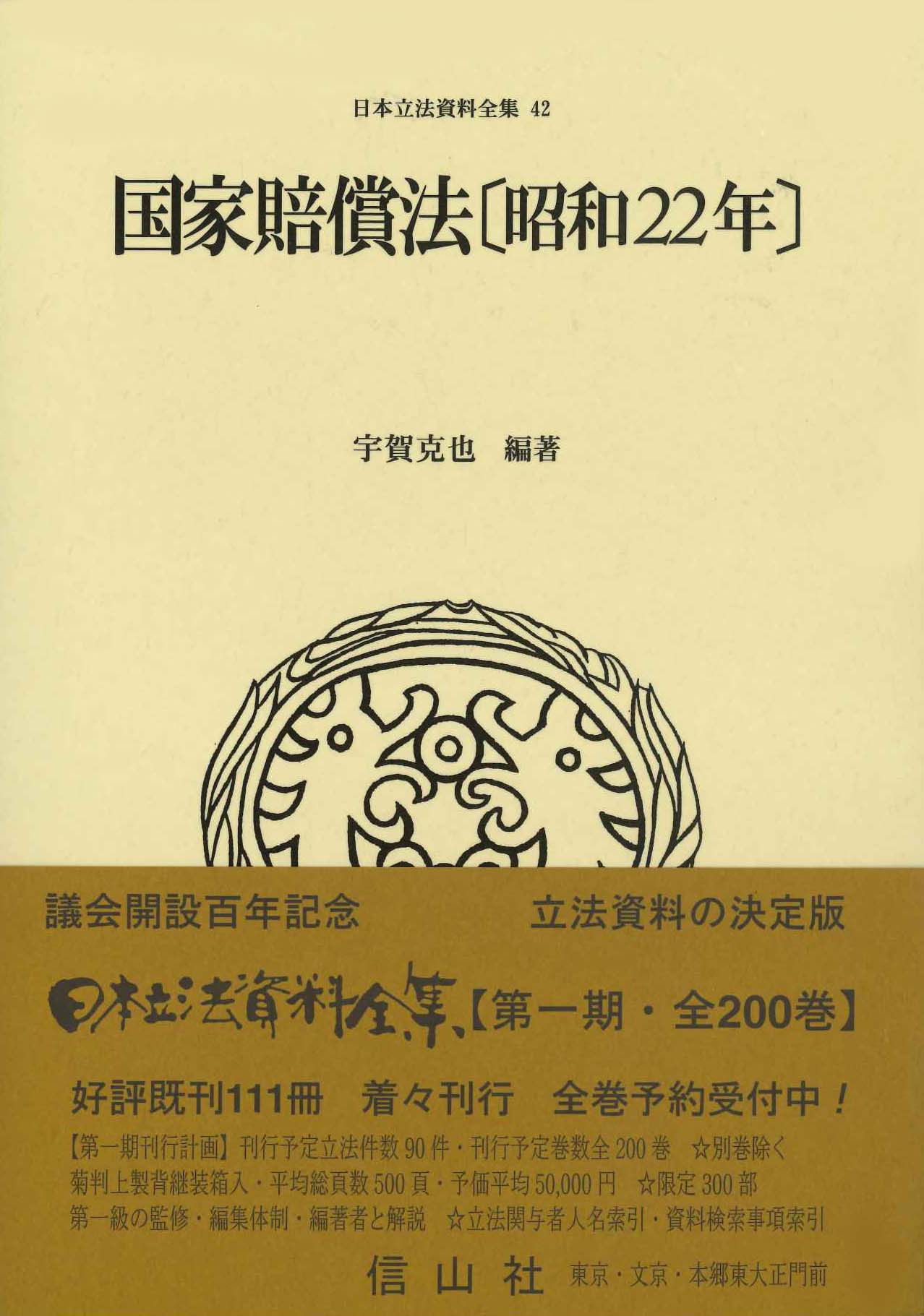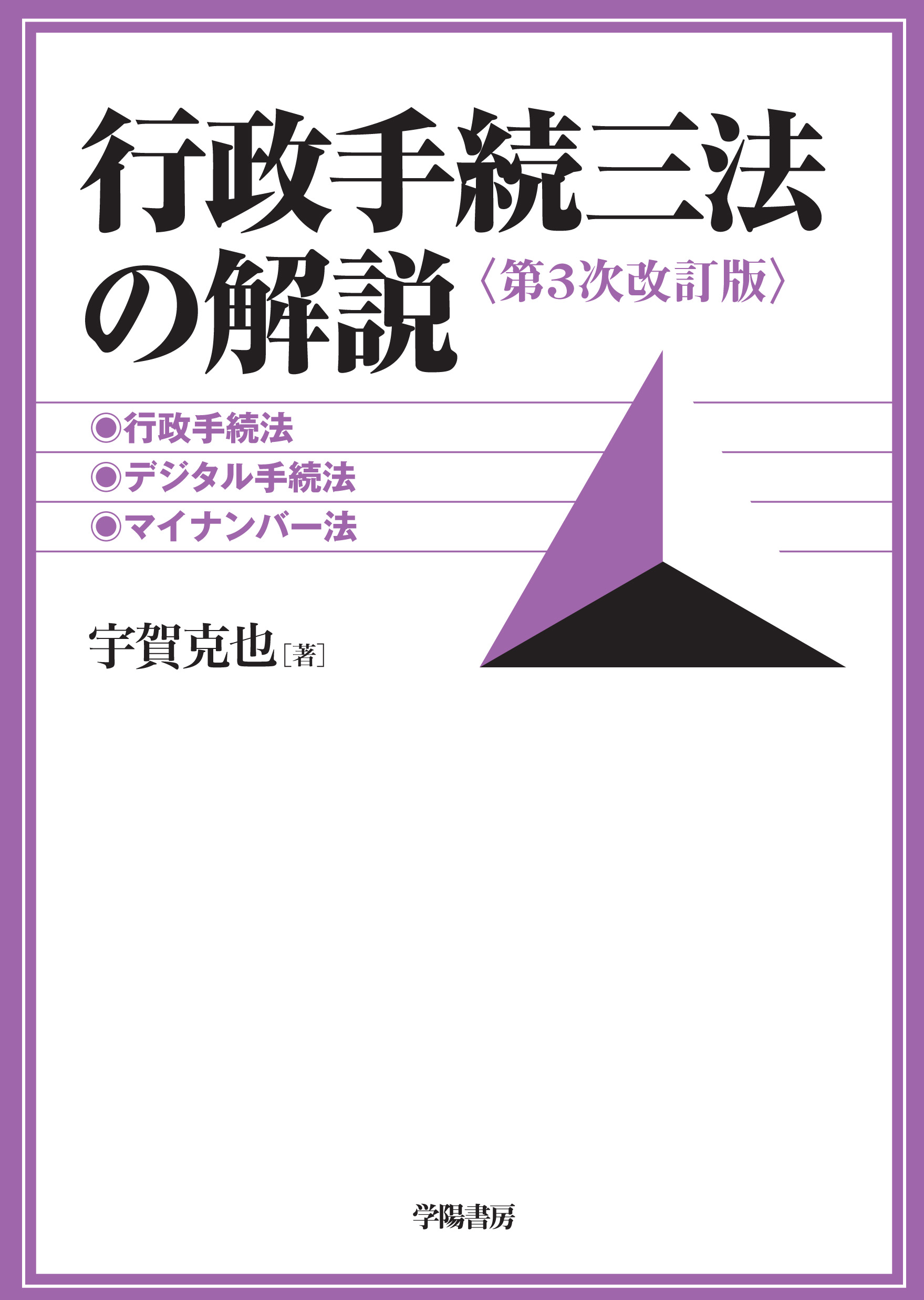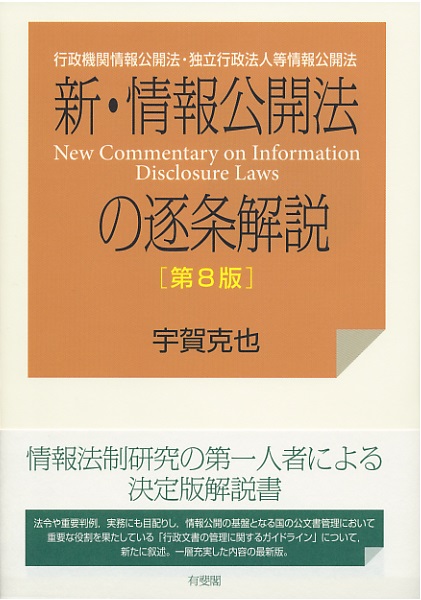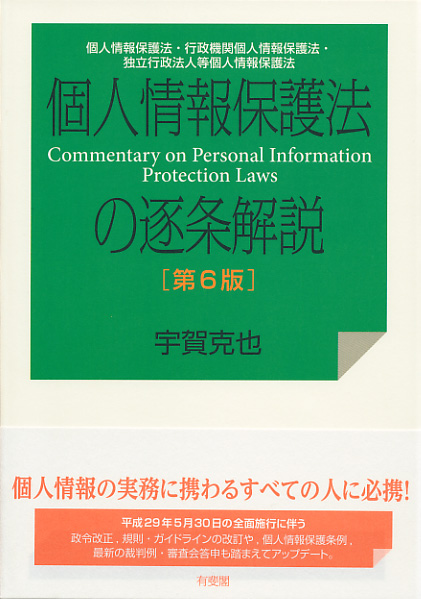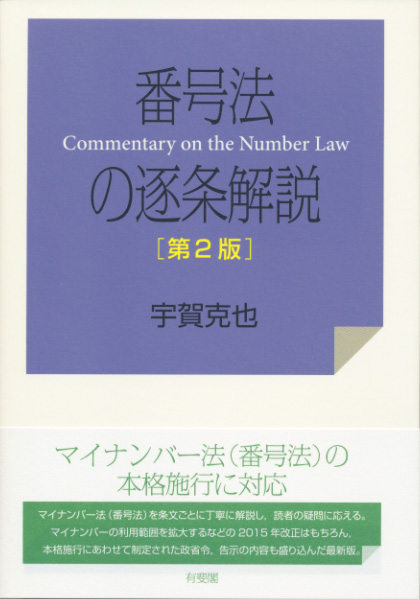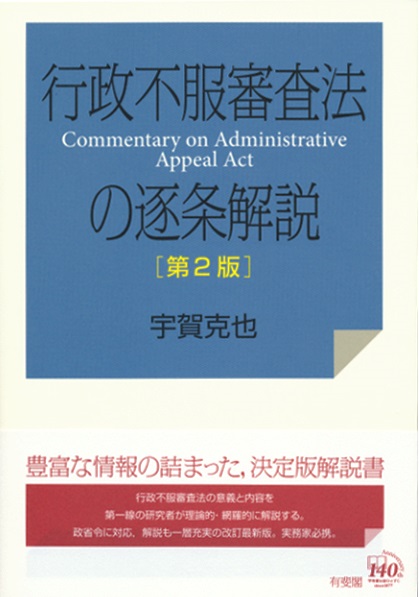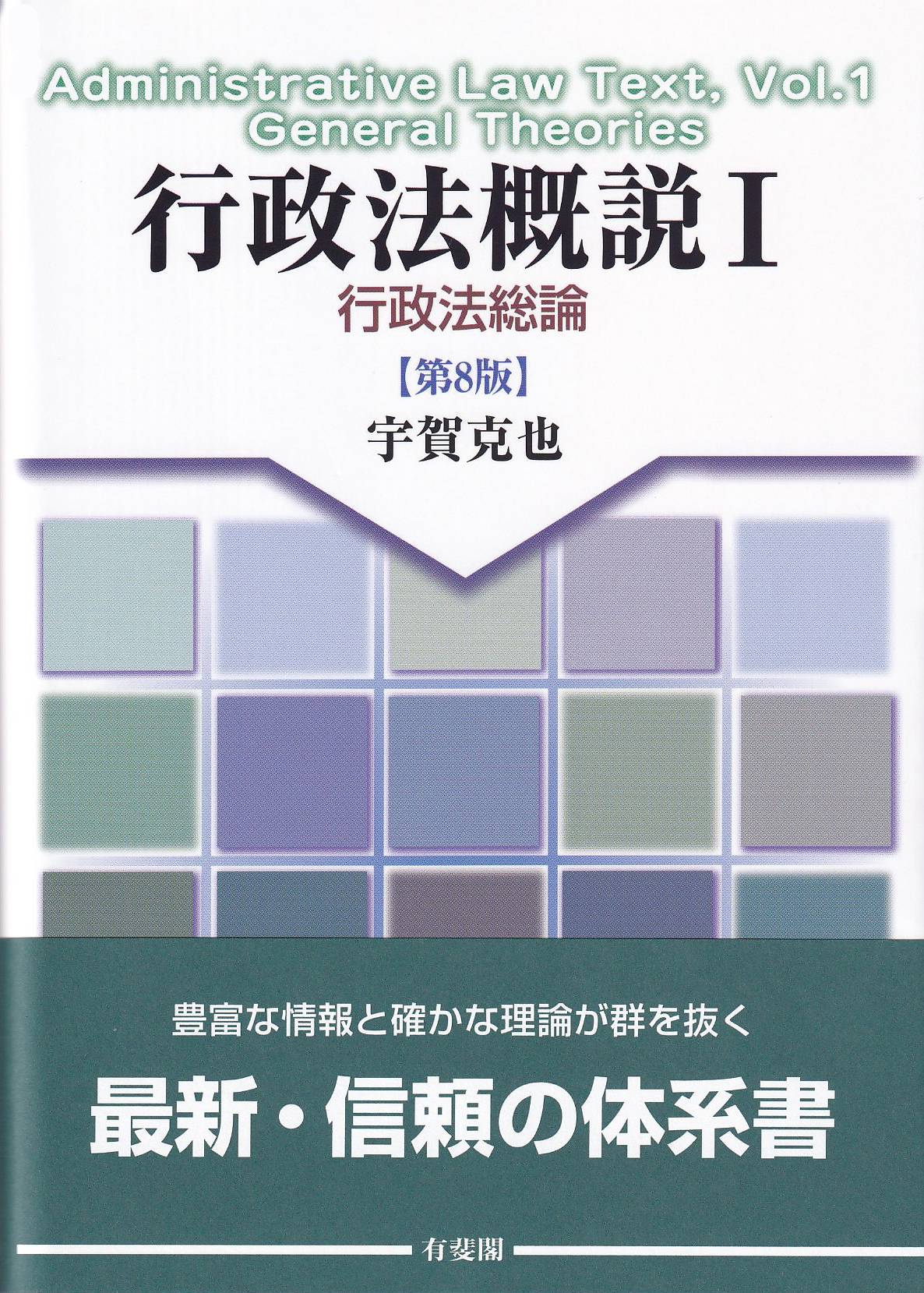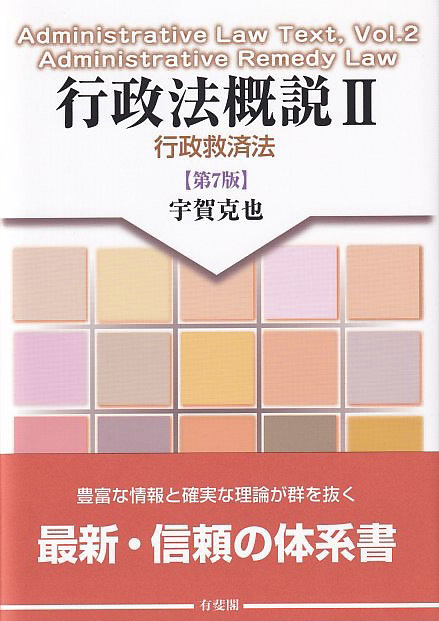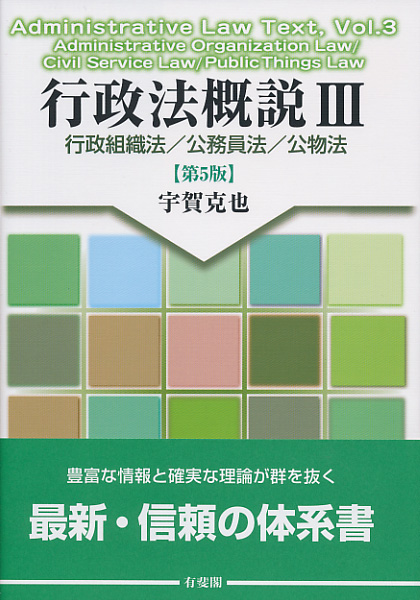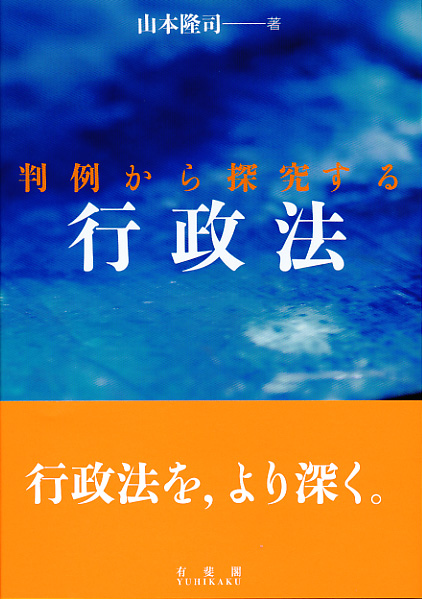
Title
Hanrei kara tankyū suru gyōseihō (Exploring Administrative Law from Precedents)
Size
654 pages, A5 format, softcover
Language
Japanese
Released
December 05, 2012
ISBN
978-4-641-13112-5
Published by
Yuhikaku Publishing
Book Info
See Book Availability at Library
Japanese Page
With the enactment of laws such as the Administrative Procedure Act and the Act on Access to Information Held by Administrative Organs, Japan at the turn of the millennium had a legal system as a foundation of administrative control in place. Furthermore, in 2004, the Administrative Case Litigation Act was majorly revised as part of the wider reform of the justice system. As if acting in concert with these movements in legislation, the Supreme Court handed down numerous decisions that spurred on new developments and re-thinking in theory of administrative law during the 6 or 7 years after debate had begun on reforming the Act. A number of issues appear—and others are hidden—in these Supreme Court precedents; and, in my opinion, one of the theoretical tasks facing us on the academic side is to properly identify these issues, clearly presenting and analyzing them as material for reflection and study in terms of both theory and court practice. My discussion of these issues was run as a series in the journal Hōgaku Kyōshitsu, and this series forms the basis of this book, which covers 30 Supreme Court judicial decisions under separate headings.
Here, I summarize the objectives of this book, chapter by chapter, as follows:
The approach whereby the relationship between the private person and national or local governments is understood through the concepts of public law and private law has long been superseded in administrative law. However, in lieu of the public law/private law dualism, sufficient research is yet to be conducted to clarify the fundamental legal status of the private person with regard to the legal principles that also furnish a foundation for the fundamental authority and obligations that administrative bodies possess in their relationship with the private person, as well as in their relationships with other administrative bodies. Chapter I, Chapter II, and part 11 of Chapter III of this work constitute an attempt to provide such clarification.
The rest of Chapter III and the whole of Chapter V work out an analytical approach to administrative acts and administrative measures without getting entangled in the perspective, whether the administrative authority is strong or weak. This method analyzes the process whereby administrative bodies and courts, communicating with the private persons involved, carry out judgments in relation to substantive law (the legal status mentioned above), and administrative acts and administrative measures are understood as legal forms of implementation of the settled decision as related to procedural law, and their commonalities, difference, and relationships with each other are examined. Chapter V, which explains recent Supreme Court decisions on the complex issue of administrative acts as objects of the judicial review in the light of a coherent theory, is the result of this method.
Chapter IV’s theory of judicial control of administrative discretion touches upon the foundations of the separation of powers. Because I have advocated “control of the argument”, method of judicial control of administrative discretion, on a theoretical basis in a separate publication (Hanrei Jihō No. 1933), the present work is confined to the analysis of the fact that “control of the argument” has become established in Supreme Court precedent in recent times. Following the publication of this volume, I have since published an article re-thinking “control of the argument” on a general theoretical basis (Gyōseihō Kenkyū Vol. 14).
Chapters VI and VII take as their theme the rights and interests of the private person in administrative law. In these chapters, the authority of administrative bodies and the rights and interests of the private person are not simply treated as antagonistic; rather, an administrative process in which the public interest should be realized through the expression, amalgamation, and equilibrium of the various interests is hypothesized, and the legal status of the private person which should be recognized in each aspect of such a process is analyzed. This work also clarifies more realistic, concrete interests to sue and claim rights for state compensation for infringement of such legal status. The final sections, 29 and 30, based upon classification of types of cooperation between private and public sector attempt to answer the recently prominent issue of who should bear liability for compensation in cases where damage has been occasioned to a private person through administrative action undertaken by another private entity acting in concert with an administrative body.
(Written by YAMAMOTO Ryuji, Professor, Graduate Schools for Law and Politics / 2017)



 Find a book
Find a book


